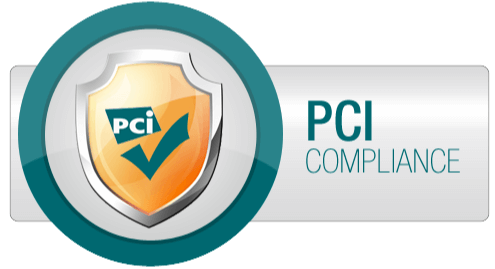What Do School Psychologists Do?
According to the National Association of School Psychology (NASP), “school psychologists provide direct support and interventions to students, consult with teachers, families, and other school-employed mental health professionals (i.e., school counselors, school social workers) to improve support strategies; work with school administrators to improve school wide practices and policies; and collaborate with community providers to coordinate needed services”.
What Role Do School Psychologists Play In Schools?
School psychologists play an important role by helping schools to successfully promote positive behavior and mental health. Here are 5 ways that school psychologists help to promote positive behavior and mental health:
-
Improving student’s communication and social skills:
- School psychologists work to improve communication and social skills by providing teachers and students with strategies and resources they need to be successful in the school and community settings. Research has shown that children’s developmental competence is integral to their academic competence (Masten et al., 2005).
-
Assessing student’s emotional and behavioral needs:
- According to the Department of Health and Human Services an estimated 15 million of our nation’s young people can currently be diagnosed with a mental health disorder. There is a great need for these student’s to be assessed and provided with the best social-emotional services in the education setting based on their needs. School psychologists work with students and their families to identify and address learning and behavior problems that interfere with school success. School-based behavioral consultation has been shown to yield positive results such as remediating academic and behavior problems for children and reducing referrals for psychoeducational assessments (MacLeod, Jones, Somer, & Havey, 2001).
-
Promoting problem solving anger management, and conflict resolution:
- School psychologists work with students in individual and group settings to help provide emotional/behavior services to help improve student’s outcomes.
-
Reinforce positive coping skills and resilience:
- School psychologists work with students and their families to support students’ social, emotional, and behavioral health and research has shown that students who receive this type of support achieve better academically in school (Bierman et al., 2010; Durlak, Weissberg, Dymnicki, Taylor, & Schellinger, 2011; Fleming et al., 2005).
-
Make referrals and coordinate services with community-based providers:
- School psychologists work with parents and administrators to respond to crises by providing leadership, direct services, and coordination with needed community services and research has revealed that school staff rate the crisis intervention services provided by school psychologists as very important (Watkins, Crosby, & Pearson, 2007). These referrals are often made to community services agencies, related to mental health needs.
School psychologists have extensive training in assessment, progress monitoring, instruction, child development and psychology, consultation, counseling, crisis response, program evaluation, and data collection and analysis. Their training is specific to applying this expertise within the school context, both general education and special education, and includes extensive knowledge in school systems and law (NASP 2010a, 2010b).
Learn how RethinkEd supports School Psychologists at www.rethinked.com.











